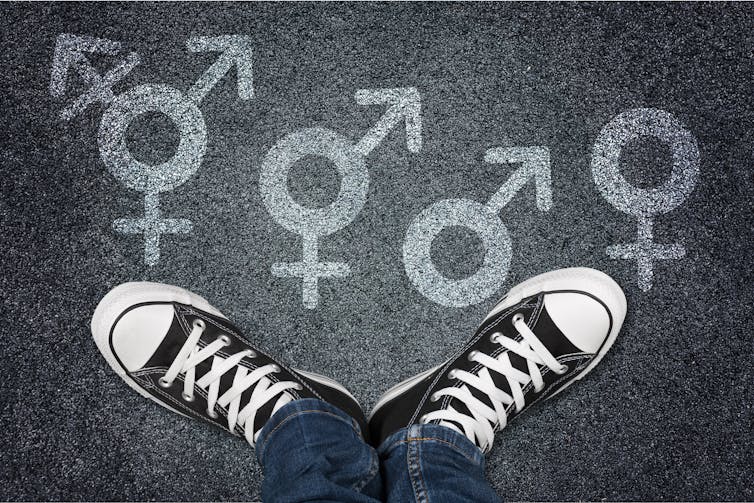Written by Julian Savulescu and Dominic Wilkinson
Cross-posted with the Journal of Medical Ethics blog
Altruism is one person sacrificing or risking his or her own interests for another’s interests. Humans, like other animals, have a tendency towards altruism. This is usually directed to members of their own group. An example is donating a kidney to a family member. This is quite risky – it involves immediate risk of death from anaesthesia or post-operative complications, and long term risk of kidney failure.
But sometimes people are altruistic towards strangers.
Altruism often involves fairly small personal sacrifices. (For example, most people donate to charity, but in countries like the UK, it is typically only a tiny proportion of their income) Where someone can cause great benefit to another person at little or no personal cost, there is an ethical obligation for them to do so. This is the Duty of Easy Rescue. A whole movement has arisen called Effective Altruism which aims to ensure that altruistic acts do as much good as possible.
Altruism can also be extreme. Some people give up their entire livelihood to work overseas for aid agencies or charities. During a pandemic, health workers may take on significant personal risk to provide front-line medical care. In times of war, people may choose to literally give their life for others of their nation.
We can define extreme altruism as an act taken for the benefit of another that involves making large life-altering or life-threatening sacrifices or personal risks.
Society’s approach to extreme altruism is inconsistent. At times of obvious societal need, it encourages it (for example, clapping on the doorstep for ‘key workers’ is in order to offer our appreciation for their altruistic assumption of great risk) or even requires it by conscription of military personnel. At times of perceived lesser need, it is discouraged or even banned. For example, in normal times people are only allowed to take part in research, even if they do so with full knowledge and for no payment, if the risk of the research is minimal, and not if the risks are similar to everyday life. In some jurisdictions, altruistic kidney donations to strangers are banned.
It is not clear why extreme altruism should be limited to national emergency. If someone is competent, knows all the relevant facts, and is thinking clearly and choosing autonomously, they should be able to sacrifice their interests or even life for others. If someone is permitted to participate in highly risky personal activities for purely personal benefit (e.g. climbing Mount Everest, base jumping, or boxing) they ought to be permitted to at least take equivalent risks for the benefit of someone else (e.g. participating in research). Just as a rational, clear thinking person who is competent should be able to sacrifice their own life through suicide for any reason, they should be able to do this for the benefit of others.
We have argued at various points for extreme altruism in medicine. In one sense, there is a constant national emergency: we are all aging and slowly dying. There is a war against aging and death: we are fighting it with medicine. And people should be able sacrifice their interests or lives in this war.
Extreme altruism extended to COVID-19
Read More »Pandemic Ethics: Extreme Altruism in a Pandemic



